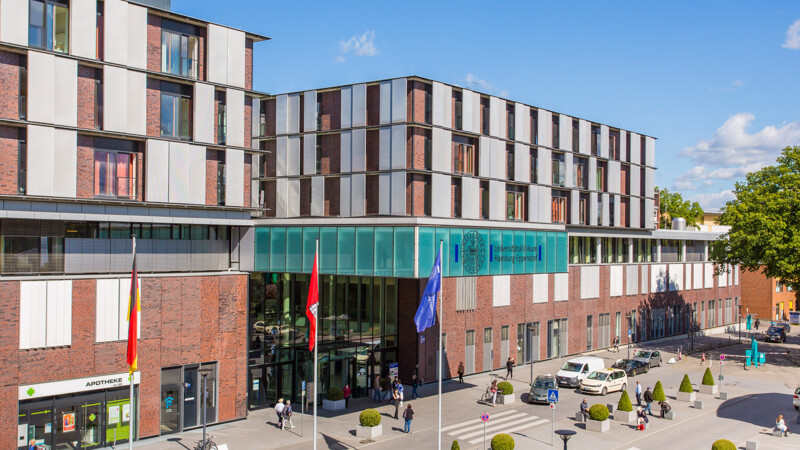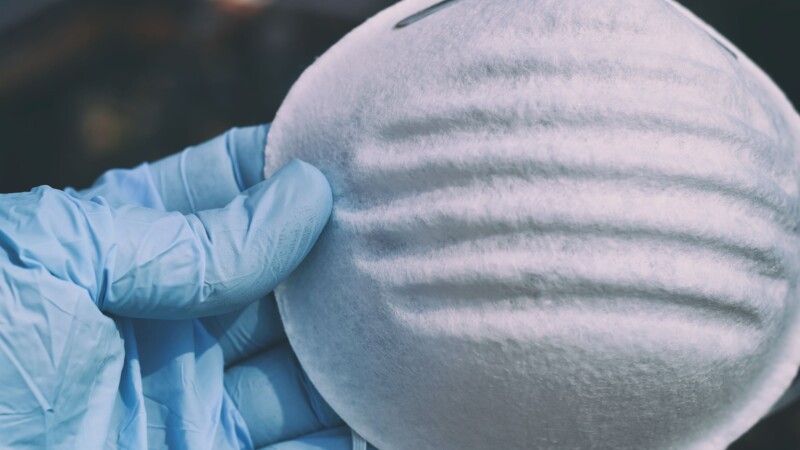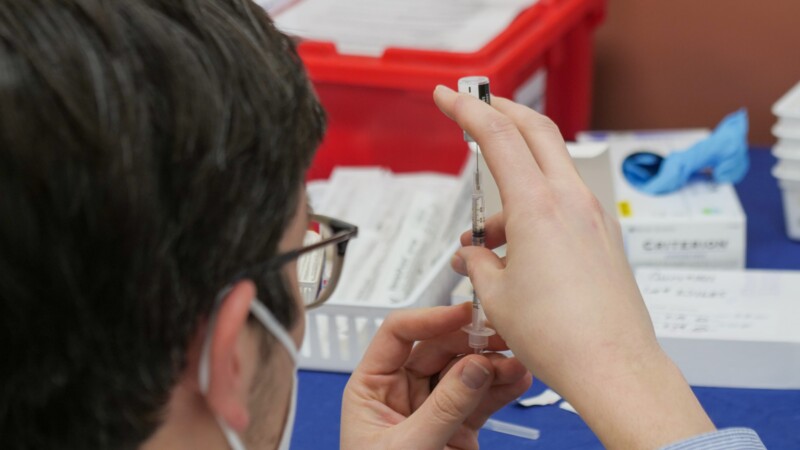"More and more comprehensive knowledge of virus mutations and their spread is key to fighting the pandemic successfully," said Katharina Fegebank, Senator for Science, Research and Equality. The examinations are part of the German government's Corona Surveillance Ordinance to determine whether the latest mutations have reached Hamburg, their speed of transmission and the different courses of COVID-19. The UKE now plans to analyse the seqeuence of some 4,000 COVID-19 cases in Hamburg over the next six months. The results will be made available to the Robert Koch Institute (RKI), health authorities and research networks across Germany.
The City of Hamburg has earmarked EUR 377,000 for research by the University Hospital Hamburg-Eppendorf and the Heinrich Pette Institute (HPI) into the spread of coronavirus mutations. The results will be inputted into a coronavirus early warning system to track the virus in the Hamburg Metropolitan Region. This comes amid the rapid spread of the British and South African variants of coronavirus. Around 5 per cent of positive tests are now undergoing sequence analysis based on a German government resolution in place since in mid-January.
Analysis of 4,000 samples over next six months
UKE and HPI developing corona surveillance platform
UKE and HPI have developed a sequence-based surveillance and early warning system based on research into viral genomics since the pandemic began. The so-called virus genomics surveillance platform will use a cross-section of sequence data from all coronavirus samples received by UKE to catalogue virus entries in Hamburg and to track their spread in the Hamburg Metropolitan Region. "The platform helps track the pathways of the SARS-CoV-2 pathogen in Hamburg in near real-time," said Martin Aepfelbacher, Director of UKE's Institute of Microbiology. The data are forwarded to RKI, he added.
tn/sb/pb
Sources and further information
More
Similar articles

Study indicates impact of pandemic on children and youths

Closer scrutiny of FFP2 masks in Hamburg

Rising willingness to vaccinate in Europe, survey finds
